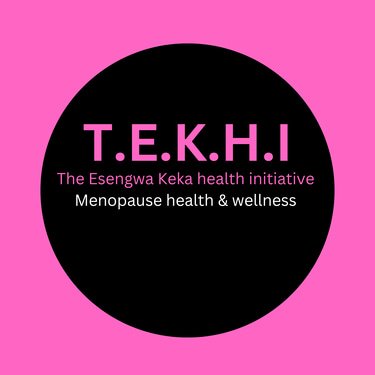Understanding Palpitations in Perimenopause: Navigating Medical Consultations and Misdiagnoses
In this post you will learn about the relationship between palpations and menopause. A very common symptom during the perimenopause phase of life which often goes undiagnosed by GPs and cardiologists


Recognizing Palpitations During Perimenopause
Palpitations, characterized by an irregular or forceful heartbeat, are a common symptom experienced during perimenopause. This transitional phase, leading up to menopause, is marked by significant physiological and hormonal changes that can affect the cardiovascular system. The fluctuations in estrogen and progesterone levels play a pivotal role in the onset of palpitations. As these hormone levels become erratic, they can influence heart rhythm, giving rise to sensations of a racing, fluttering, or pounding heartbeat.
Beyond the irregular heartbeat, women undergoing perimenopause often report a constellation of accompanying symptoms. Anxiety, frequently heightened by hormonal imbalances, can exacerbate the perception of palpitations. Hot flashes and night sweats, hallmark symptoms of this stage, further contribute to the overall discomfort. These symptoms can manifest suddenly and intensely, adding to the distress and concern for many women.
Statistics reveal that a significant proportion of women in perimenopause experience palpitations. Studies suggest that up to 25% of women in this demographic report these irregular heart sensations. Such prevalence underscores the importance of recognizing and addressing palpitations as a legitimate concern during perimenopause. The impact on quality of life can be profound, with many women feeling alarmed by the sudden and unpredictable nature of their symptoms. This distress can lead to increased anxiety, affecting daily activities and overall well-being.
Understanding the connection between hormonal changes and heart palpitations is crucial for women navigating perimenopause. Recognizing the symptoms and their triggers can aid in better management and reduce the associated anxiety. By acknowledging the prevalence and impact of palpitations, women can seek appropriate medical consultation and support, ensuring a more informed and proactive approach to their health during this transitional period.
When experiencing palpitations during perimenopause, many women find themselves navigating a complex medical landscape. The frequency of doctor visits often increases as these unsettling symptoms prompt a search for answers. Initially, women typically consult their primary care physicians, who might conduct preliminary evaluations. In many cases, primary care providers refer patients to cardiologists for specialized assessments. This referral process often includes a series of diagnostic tests such as Electrocardiograms (ECGs), Holter monitors, and stress tests to rule out any cardiovascular issues.
However, the journey doesn't always yield straightforward answers. A significant challenge in this medical journey is the potential for misdiagnosis. Palpitations can easily be misattributed to anxiety or stress, especially in the absence of overt cardiovascular findings. Furthermore, there is often a lack of awareness among healthcare providers about the connection between palpitations and perimenopause. As a result, many women endure a frustrating cycle of consultations and tests without receiving a clear diagnosis or effective treatment.
Personal anecdotes and case studies highlight the emotional and physical toll of such misdiagnoses. For instance, some women report being told that their symptoms are "all in their head" or purely anxiety-related, leading to unnecessary anxiety medications rather than addressing the underlying hormonal changes. These experiences not only delay appropriate care but can also erode trust in the medical system.
To navigate this challenging journey, it is crucial for women to advocate for themselves during medical consultations. Being well-informed about the potential link between palpitations and perimenopause can empower women to discuss this possibility with their doctors. Additionally, seeking a second opinion is advisable if symptoms persist or if the initial diagnosis does not seem to fit. By taking an active role in their healthcare, women can better ensure that their concerns are taken seriously and that they receive the most appropriate care for their symptoms.
